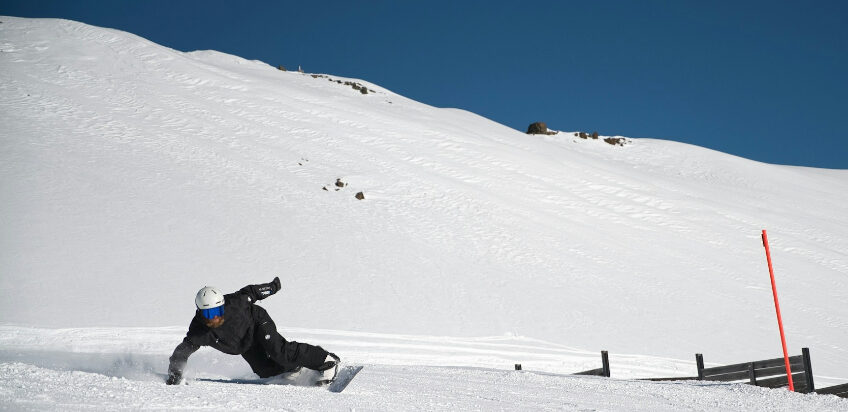Skiing and snowboarding are popular winter activities that attract thousands of enthusiasts to New Jersey’s ski resorts each year. While these sports offer exhilarating experiences, they also come with inherent risks. Consequently, understanding the legal liabilities associated with ski resorts in New Jersey is crucial for both operators and patrons. This post explores the legal framework governing ski resort liability in New Jersey, the rights and responsibilities of both the resorts and their guests, and key considerations for legal practitioners representing clients in this area.
Legal Framework: The New Jersey Ski Statute
At the heart of ski liability in New Jersey is the New Jersey Ski Statute, which outlines specific duties for ski area operators and skiers. This statute is designed to balance the responsibilities between the ski resort operators and the skiers, acknowledging the risks inherent in the sport.
Duties of Ski Area Operators: New Jersey law requires ski area operators to maintain their equipment and premises in a reasonably safe condition. They must mark and map trails and other areas of potential danger, including changes in terrain and boundaries between skiing and non-skiing areas. Operators are also required to maintain lifts, tow ropes, and other mechanical equipment according to safety standards.
Duties of Skiers: Conversely, the statute places certain responsibilities on the skiers themselves. Skiers must behave in a controlled and responsible manner, abide by posted signs and warnings, and avoid skiing in closed areas. They are also responsible for using ski equipment appropriately and must not engage in behaviors that could cause injury to others.
Assumption of Risk
A fundamental legal principle that affects liability in ski accidents is the assumption of risk. This doctrine acknowledges that by engaging in skiing, which is inherently dangerous, skiers assume the risk of injury from the sport’s typical dangers. This can often limit the liability of ski resort operators in personal injury cases, as the injured party is deemed to have voluntarily assumed the risks associated with skiing.
However, the assumption of risk does not absolve ski resort operators from liability arising from their negligence. If an operator fails to adhere to the statutory duties—such as failing to properly maintain equipment or adequately mark hazards—they may still be held liable for injuries that result.
Recent Legal Cases and Liability Issues
Several legal cases in New Jersey have tested the limits of liability and the application of the Ski Statute. These cases often revolve around what constitutes negligence versus an inherent risk of skiing. For instance, if a skier is injured due to poorly maintained ski lift equipment, the resort could be found negligent and liable for damages.
Furthermore, the rise of snowmaking and grooming technology at resorts introduces additional complexities. If a skier is injured due to over-groomed slopes or improperly managed snow-making equipment, questions of operator negligence can arise, challenging the traditional boundaries of assumed risk.
Legal Implications for Ski Resort Operators
To mitigate liability, ski resort operators in New Jersey should engage in rigorous risk management practices. This includes regular audits of equipment and safety protocols, thorough training for all employees on safety standards, and clear, consistent signage throughout the resort. Legal compliance can also be bolstered by working closely with legal experts to ensure all operational practices meet state regulations.
Conclusion
Understanding the interplay between the duties of ski resort operators, the responsibilities of skiers, and the legal doctrine of assumed risk is essential for anyone involved in the operation or enjoyment of New Jersey’s ski resorts. For attorneys, staying informed about the latest developments in case law and statutory changes is crucial for effectively advising clients in this sector. Whether representing a ski resort, a skier, or a group affected by a ski-related incident, a nuanced understanding of New Jersey’s legal landscape is essential for navigating the complexities of ski resort liability.
